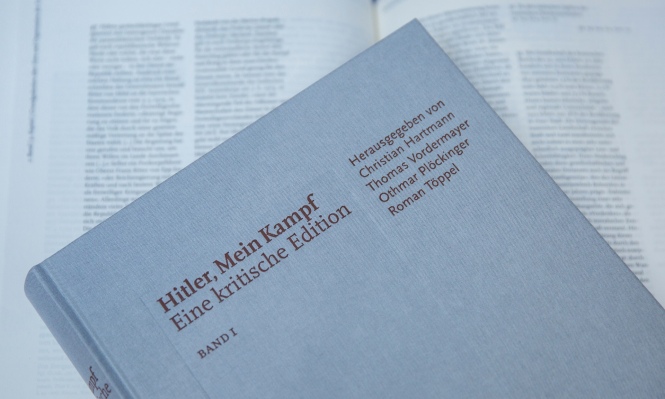[From The Guardian]
Heinrich Schulze is a kindly-looking old man who lived as a child near the concentration camp at Bergen-Belsen in Lower Saxony, Germany. In the course of Luke Holland’s quietly searing Final Account, Schulze returns to the old family farm to point out the hayloft where a group of escaped prisoners had once taken shelter. The escapees were starving and had begged him for some food. But then the guards came and retrieved them, which was of course very sad. Under further questioning, with a sheepish shrug, Schulze admits that yes, the prisoners were recaptured because he himself called the guards. As to what became of them after that? “Oh,” Herr Schulze scoffs. “Nobody knows that!”
Round them up and bring them out: the bystanders and functionaries, the children who pitched in and the adults who turned a blind eye. Holland, a British documentary-maker, spent the last decade of his life with these straggling survivors of history, those with first-hand experience of the Nazi regime, and the results are damning; the testimonies chill the blood. Monsters, Primo Levi once wrote, are always aberrations. But the small men who watch from the sidelines and occasionally lean in to lend a hand: these are the real danger. They’re even worse than the monsters.
Click here to read more









 This site
This site